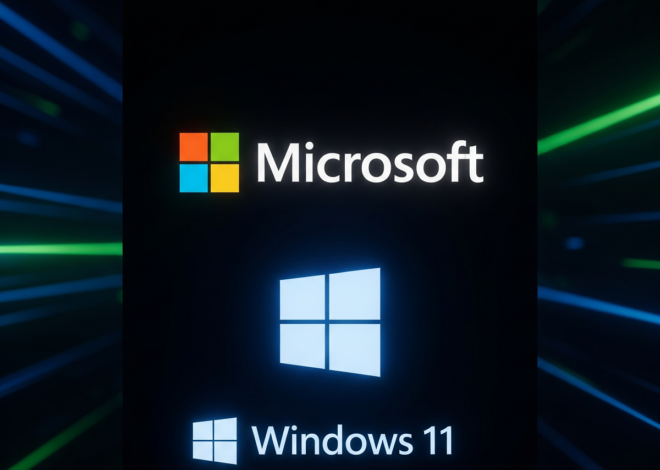
How Gemini and Genesis Almost Became One (Before It All Fell Apart)
- In the wake of a major financial loss, Gemini and Genesis explored a potential merger to create a crypto giant.
- However, the deal fell through, and both companies now face a lawsuit from the NYAG alleging a cover-up.
The ongoing saga of the New York Attorney General’s (NYAG) lawsuit against crypto conglomerate Digital Currency Group (DCG), its subsidiaries Gemini and Genesis, and their executives, takes a fascinating turn with the revelation of a potential merger discussed in October 2022. This article delves into the details of this near-deal and its implications for the wider cryptocurrency market.
A Potential Lifeline Amidst Crisis
The discussion of a merger emerged in the aftermath of the collapse of hedge fund Three Arrows Capital (3AC). This event left Genesis, a crypto brokerage firm owned by DCG, facing a significant $1 billion hole in its balance sheet. Emails from DCG CEO Barry Silbert, revealed in a motion to dismiss the NYAG lawsuit, paint a picture of a desperate attempt to salvage both companies.
During a lunch with Gemini co-founder Cameron Winklevoss, Silbert laid bare the dire situation at Genesis, highlighting the potential impact on Gemini due to its Earn program. This program involved lending user funds to Genesis, funds that were now at risk of default.
Merger Dreams and Public Ambitions
Silbert proposed various options, ranging from a commercial partnership to a full-fledged merger. The latter option held the most appeal for him, envisioning a “juggernaut” that could compete with industry giants like Coinbase and FTX. He projected the merged entity to raise substantial capital ($500 million to $1 billion) and even go public within two years.
Beyond sheer size, Silbert envisioned a synergistic relationship between Gemini and other DCG holdings. This would include directing order flow from Genesis to Gemini, attracting miners through Foundry (a DCG subsidiary), and leveraging CoinDesk (a crypto news outlet owned by DCG) for customer acquisition. He also proposed pushing Gemini’s stablecoin, GUSD, to compete with Circle’s USDC, a dominant player in the market.
Despite these ambitious plans, Silbert wasn’t without his concerns. Replacing the lost liquidity at the desired pace posed a challenge, and a potential shortfall could trigger a “bank run” on Genesis by other lenders. He emphasized the need for continued collaboration between Gemini and Genesis, stating that ending the Earn program could be catastrophic for both.
A Deal Unfulfilled and a Broken Landscape
Despite the lunchtime discussions, a merger never materialized. The dispute regarding the Earn program funds continued, culminating in Genesis filing for bankruptcy in January 2023. This was followed by Gemini suing DCG in April, alleging fraud related to the program.
The NYAG lawsuit, filed in October 2023, further complicated the situation, accusing the involved entities of a cover-up. Notably, DCG sold CoinDesk, another piece in the puzzle, to Bullish, a crypto exchange, in November 2023. The latest development comes with DCG and Silbert filing motions to dismiss the NYAG lawsuit on March 6, 2024.
The story of the potential merger between Gemini and Genesis highlights the fragile nature of the cryptocurrency industry. It also raises questions about transparency and accountability within these companies, issues that the NYAG lawsuit seeks to address. As the legal battle unfolds, the industry awaits a clearer picture of what transpired behind the scenes and the true extent of the financial losses.


